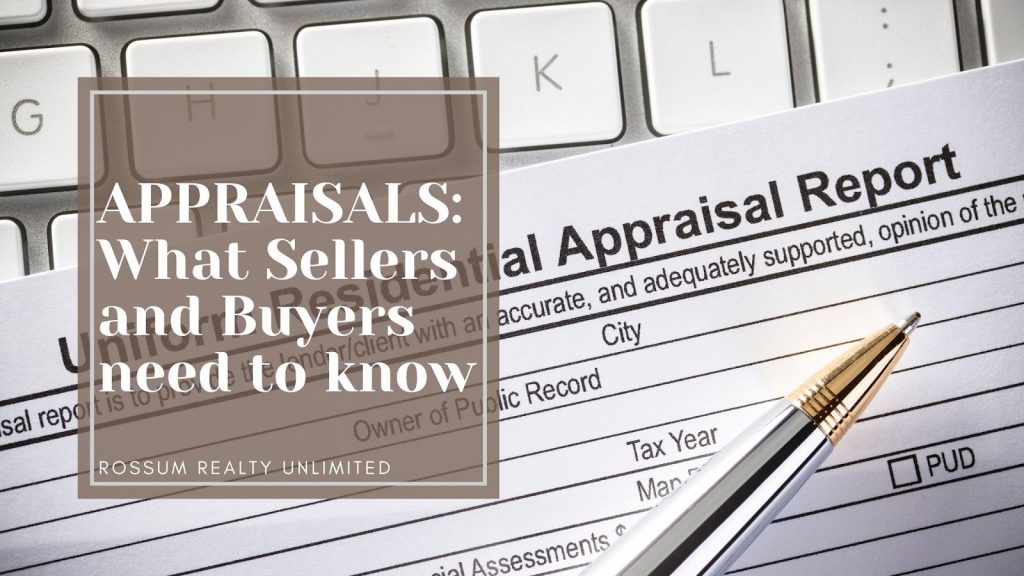
Hello, and welcome to Don’s corner. I’ve been in the Real Estate game for over 40 years, I’ve seen the trends come and go, then come back. I hope you enjoy and find my articles/experiences helpful.
Welcome everyone to my corner; today I will be talking about the Home Appraisal; here is what the seller needs to know, and as a buyer what to expect.
Let’s start with what is the job of an Appraiser. Well for those who don’t know what an appraiser does here, it is. An appraiser is a person who will come to the home and perform a detailed analysis of the property to determine the market value. Important fact: the Appraisal is a crucial step in the process of selling a home. There needs to be a clear understanding of what the appraiser is looking for; and what aspects may or may not affect their professional opinion when establishing the True Market Value of the home.
The most common misnomer is that the Appraiser’s concern is the cleanliness of the home. While this does play a factor, the appraiser is most concerned with the safety and overall value of the home. I’ve listed five (5) things that may or may not affect the value of your home during the appraisal process.
-
Permits & relevant documents:
You may ask what this is; IF the home has gone through any kind of renovation or conversion for extra space you will need to provide the appropriate documentation. In short, providing these documents shows that the county/city now recognizes and approved the structural changes of the property. An example, garage conversions are one of the most common, once a garage to house cars though converted giving a larger living space. To claim that converted space you must have the permit to show that the conversion has been recognized by the governing entities and that this home now has “X” amount of square footage. This can be tricky if the appropriate permits weren’t applied for and signed off on. Which in turn makes the house less space and could affect the financing aspect of the sale.
Pivotal to garage conversions are Pools; Inground Pools, and Spas please make sure you have the permits, and paperwork are in order. If the City/County does not show a property with a pool/spa this can be a potential nightmare. Also, if there is a pool/spa always make sure it is filled, and clean, and all pool equipment is in working order. If the pool/spa is not in working order this can detract from the value of the home; it will now become a “condition” to the sale of the home that it all be in working order. The appraiser will return to verify the “condition” has been corrected and he/she will sign off on it. This may/may not affect the financing of the home.
-
Solar Panels:
Solar panels go one of two ways; purchased or leased. If the solar is purchased meaning the existing homeowner purchased it outright make sure to have the appropriate ownership paperwork to show. Also, make sure that any loan documents/certificates of ownership are available. This will add value to the home; however, if the panels are leased then there isn’t any added value to the property.
-
Supporting the Appraiser
Please keep in mind that the appraiser is there to do a job. So, always be friendly, but let them do their work never hover, or badger them. If you know of a private sale that transpired within your area you can offer that information to the appraiser so they can make the assessment if needed.
-
Overlooked items of a homeowner:
Some details can be overlooked by a homeowner, though noticed by the appraiser because of the type of financing that is being obtained. An example of an overlooked item would be Water Heaters, most states require a water heater to have a pan & earthquake strap depending on when the property was built this may or may not be an issue. Though most overlook it. Doggy doors can be considered a “fire” hazard if installed in certain areas within a home. I know who would’ve thought. The Appraiser will also be looking for any loose/missing tiles/flooring, exterior house trim, or paint that may be peeling. These are examples of things homeowners overlook.
-
Upgrades:
If any upgrades have been done to the property, provide an itemized list with an approximate cost spent; what this will do is quantify the items which can be taken into consideration for adjusting the Lot value.
As a seller keeps in mind that preparation is the key to a successful appraisal process. It is also important to understand that the appraiser’s focus is on the condition, function, and features of the home to ensure the properties are appraised at the full market value. To maximize the best results, it is best to communicate with your real estate professional before the appraisal.
-Love Don
